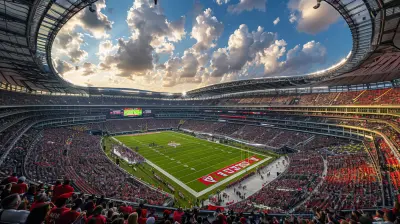How Expansion Teams Have Shaped the NHL Landscape
4 August 2025
The NHL, like any great story, has had its fair share of plot twists, underdog tales, and dramatic shifts. One of the most impactful forces behind these changes? Expansion teams. They’ve stirred the pot, changed the power dynamics, and injected new life into a sport with deep roots and rich traditions. Whether you’re a die-hard fan or someone who’s just here for the hot cocoa and mascot antics, understanding how expansion teams have transformed the NHL is like unlocking a whole new level of appreciation for the game.
So grab a seat on the bench, we’re diving into the wild and wonderful world of NHL expansion—and trust me, it’s been quite the ride.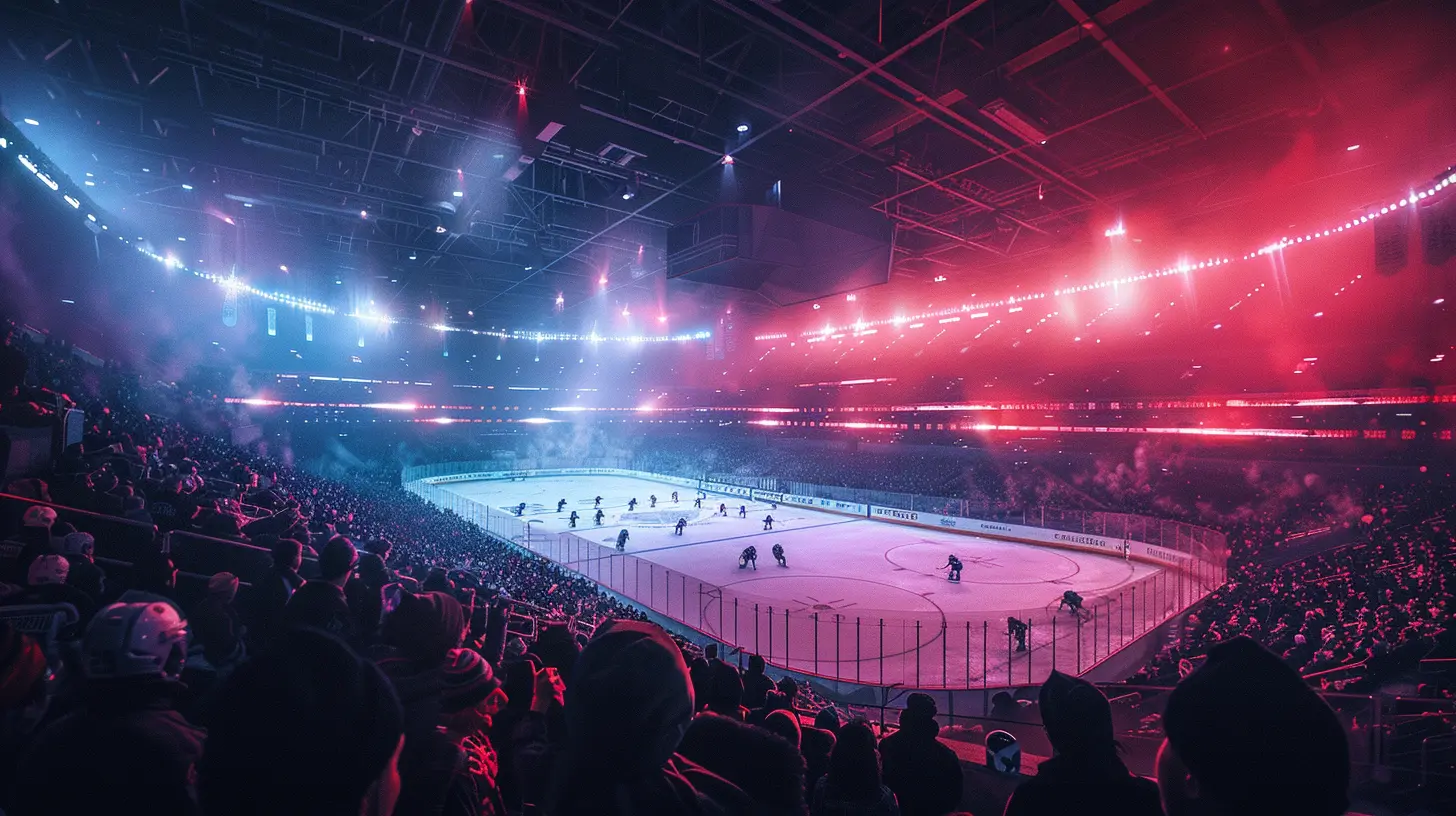
The Birth of Expansion: A New Era for the NHL
Let’s rewind. Picture the NHL in the Original Six era (1942–1967). For 25 years, the league had only six teams. That’s it. The competition was fierce, the talent pool was concentrated, and if you weren’t part of that exclusive club, well, tough luck.But fans were growing, cities were hockey-hungry, and let’s be real—six teams just weren’t cutting it anymore. In 1967, the NHL finally cracked the door open, welcoming six new teams: the California Seals, Los Angeles Kings, Minnesota North Stars, Philadelphia Flyers, Pittsburgh Penguins, and St. Louis Blues.
Boom. Overnight, the league doubled in size.
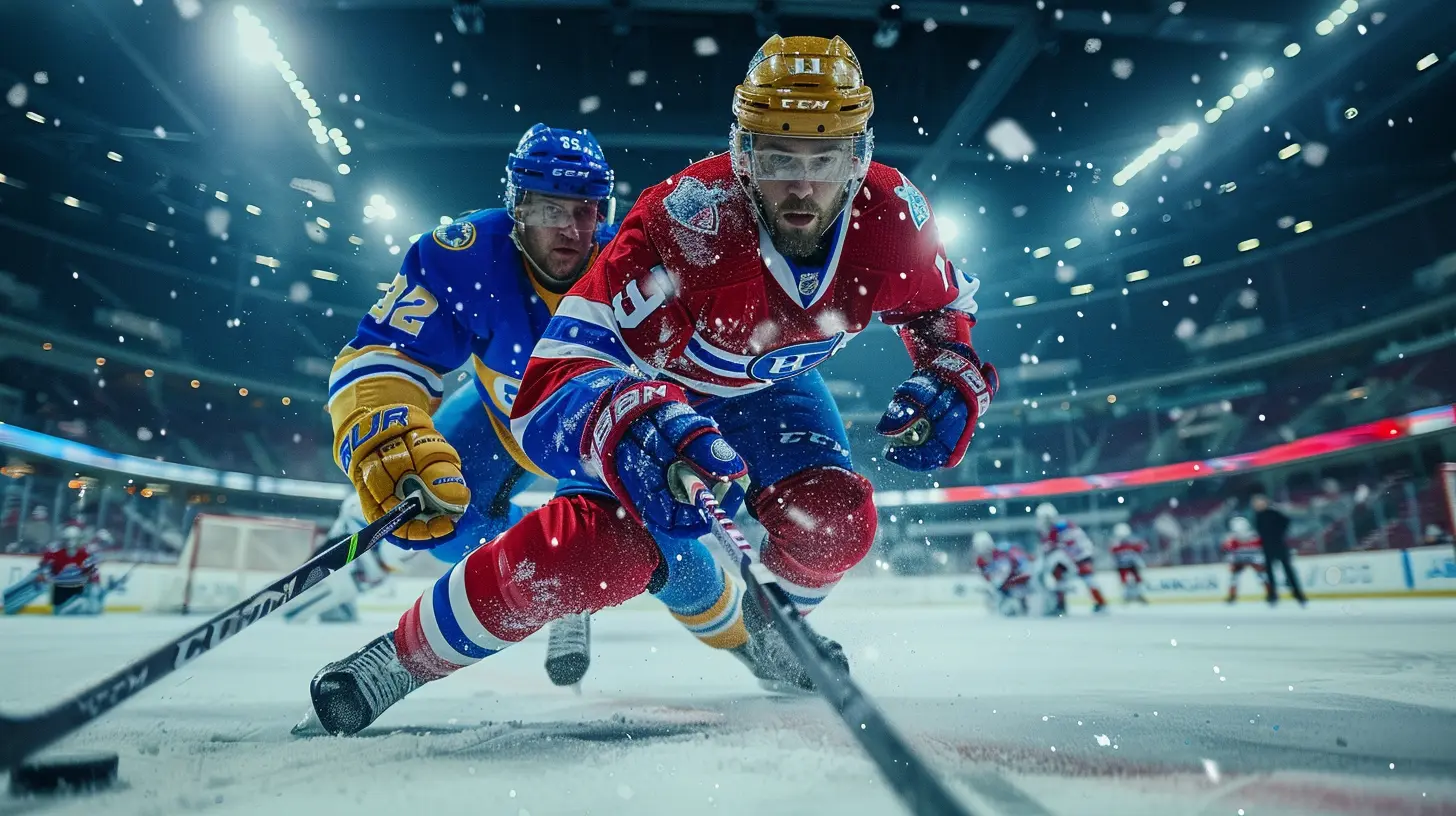
Why Expansion Was More Than Just Numbers
Adding teams wasn’t just about more games or tapping into new markets. It was about growing the game. See, when you add a team in a new city, you’re not just bringing hockey to that region—you’re planting seeds.Local kids start dreaming of wearing skates instead of cleats. New rivalries begin to sizzle. Entire communities begin to wrap their identity around the crest on their new favorite jersey.
Expansion teams are like the wildcards in a deck—they bring unpredictability and shake up the status quo in the best way possible.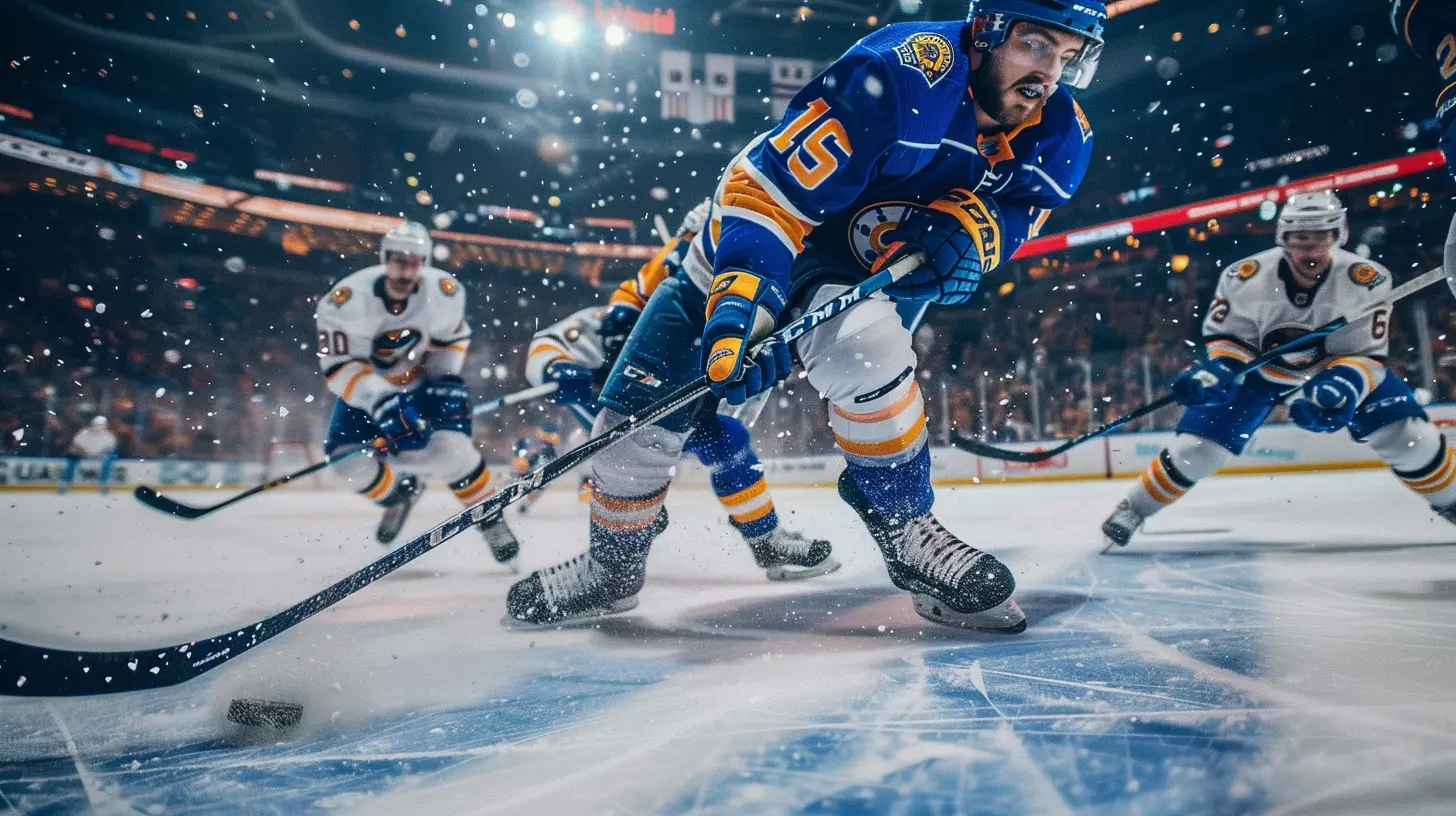
Challenges Faced by NHL Expansion Teams
Okay, let’s not sugarcoat it. Expansion teams usually don’t have it easy out of the gate. Imagine starting a new job, but all the top positions are already filled—and your tools are second-hand. That’s kind of what it’s like to be a new NHL team.They often start with:
- Weaker rosters (because established teams protect their best players)
- Limited fan bases
- Financial risk
- Low expectations
But that's also what makes their stories so compelling. When a team beats the odds—like Vegas did in 2017—it’s more than just a Cinderella story. It becomes a cultural moment.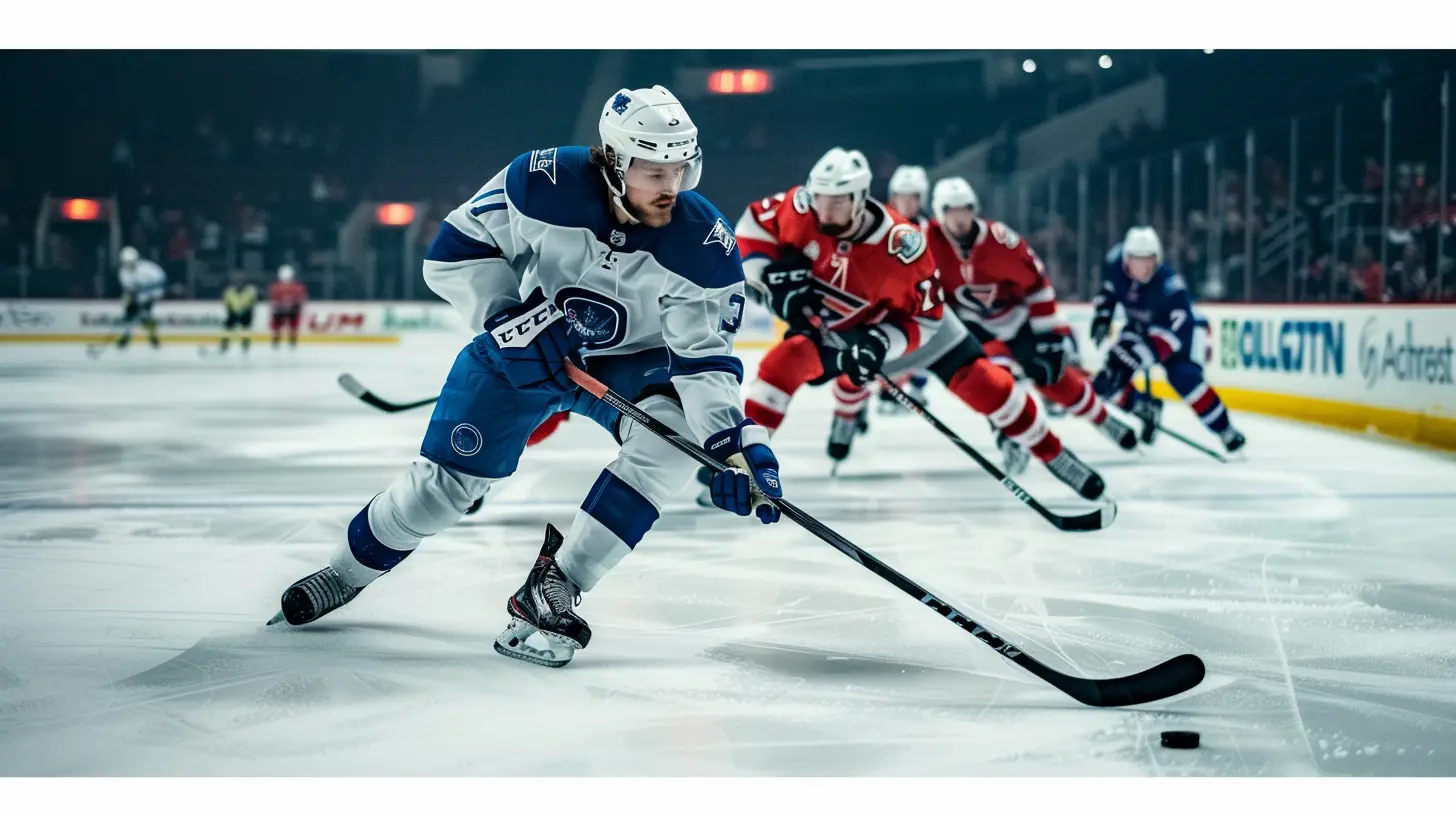
The Vegas Golden Knights: A Modern Expansion Miracle
Let’s pause and show some love for the Vegas Golden Knights. These guys entered the league in 2017, and everyone expected... well, not much. But instead of struggling, they stunned absolutely everyone.They:
- Had a winning record right out of the gate
- Became Pacific Division champs in their first season
- Reached the Stanley Cup Final in year one
What they did wasn’t supposed to happen. But thanks to a savvy management team, an experienced coach (Gerard Gallant), and players with something to prove, they became contenders overnight.
And just like that, the narrative around expansion teams was rewritten.
Seattle Kraken: The Next Generation
The newest kids on the block, the Seattle Kraken, joined the league in the 2021–2022 season. Expectations were sky-high after what Vegas pulled off. But the Kraken chose a different route—slow and steady.Their debut season was rough, but by 2023, they had already made it to the playoffs, defeating defending champs the Colorado Avalanche in round one. That’s no small feat for a team in its second year.
Seattle shows us that growth looks different for every expansion team. Some rise fast, others build brick by brick—but each one adds a unique flavor to the league.
How Expansion Changed the League’s Geography
One of the coolest effects of expansion? It helped make hockey a truly North American sport.Before expansion, NHL teams were clustered in the northeast. Cold cities. Hockey country. But with new franchises popping up in places like:
- Dallas (Stars)
- San Jose (Sharks)
- Tampa Bay (Lightning)
- Nashville (Predators)
- Arizona (Coyotes)
…the game snowballed beyond traditional markets.
Yes, it was met with skepticism. “Hockey in the South? Really?” But look at Tampa Bay now—two Cups in the 2020s and a fanbase that’s all in. Turns out, hockey love isn’t about geography; it’s about community and culture.
New Rivalries, Fresh Storylines
Another reason to love expansion? The spicy new rivalries. Expansion teams fuel the fire of competition by:- Igniting regional rivalries (hello, Battle of Alberta 2.0 with Seattle and Vancouver)
- Forcing older franchises to adapt or be left in the dust
- Creating new villain-hero narratives that fans eat up
From day one, expansion teams give the league something fresh. And fans? We thrive on drama. Admit it.
Economic Impact: More Than Just A Game
Adding new teams doesn’t just change the standings—it moves the needle off-ice too. Expansion stirs up local economies, builds new arenas, boosts tourism, and creates thousands of jobs.Take Vegas, for example. The Golden Knights gave the city more than a hockey team—they gave it a rallying point after tragedy (the 2017 Las Vegas shooting). They brought unity, pride, and millions of dollars in revenue.
So yeah, expansion is business... but it’s also deeply personal.
The Talent Pool: Dilution or Diversification?
Critics used to argue that expansion would “dilute” the talent pool. And back in the day? Maybe that was a valid concern. But now?Thanks to global scouting, better development programs, and growing popularity, the NHL has more talent than ever. Expansion has actually helped showcase hidden gems—players who may have never gotten a shot in a 20-team league.
More teams = more opportunity. And that’s a win for everyone.
How Expansion Inspires Innovation
Let’s talk strategy.Expansion teams force creativity. They force GMs to think differently, coaches to adapt, and front offices to innovate. Here’s what we’ve seen:
- Smarter scouting systems
- Unique branding efforts (Vegas and Seattle nailed this)
- More inclusive fan experiences
These teams are often the first to try new ideas—because they have to. And when those fresh approaches work? The rest of the league takes notes.
The Emotional Side of Expansion
Look, for fans of traditional franchises, expansion can be hard. It may feel like shifting attention away from the “core” teams. But here’s the thing: the NHL isn’t just about preserving the past—it’s about building the future.Expansion teams give underdog lovers a reason to cheer. They give cities something to call their own. And they challenge the elite in a way that keeps things real.
It’s more than business. It’s about belonging.
Expansion and Diversity
An underrated aspect? Representation.When you expand, you let more voices, cultures, and communities into the fold. Players from non-traditional markets, fans from different backgrounds, and stories that might’ve never seen the light of day—these all find a place in the league.
It’s diversity in all its glory—on the ice and off it.
What’s Next for NHL Expansion?
Will there be more teams? Probably.Cities like Houston, Quebec City, and even Kansas City are often mentioned as potential candidates. And honestly, if the league keeps growing the right way—with sustainability, community, and passion—then why not?
Expansion will always be risky. But it’s also the heartbeat of progress.
Final Thoughts: The Ever-Evolving NHL
The NHL today doesn’t look like it did in 1967. Heck, it doesn’t even look like it did in 2017. And that’s the magic of expansion.Every new team brings energy, perspective, and possibility. They remind us that hockey isn’t just for the few—it’s for everyone.
So the next time an expansion draft rolls around or a new city gets its shot at glory, don’t roll your eyes. Smile. Because that’s how tomorrow’s legends are born.
all images in this post were generated using AI tools
Category:
HockeyAuthor:

Umberto Flores
Discussion
rate this article
1 comments
Simone McFarlane
Great insights! Expansion teams truly bring fresh energy and excitement, reshaping the NHL's competitive spirit.
September 23, 2025 at 3:12 AM

Umberto Flores
Thank you! I appreciate your feedback and completely agree that expansion teams have invigorated the league and added a new dynamic to the competition!

